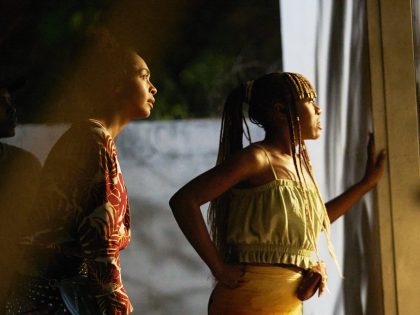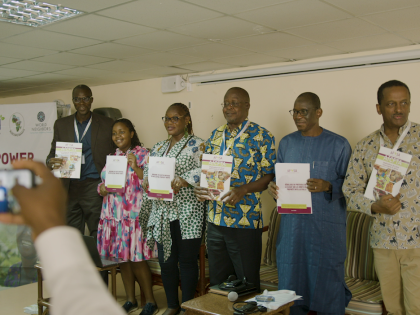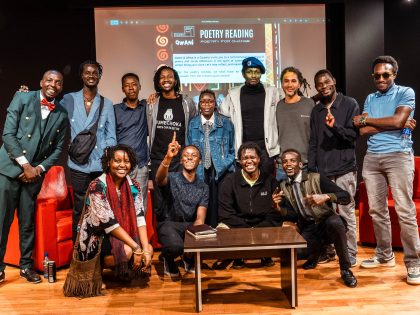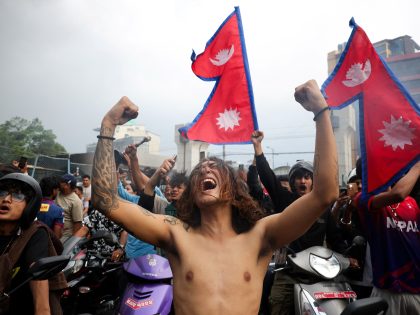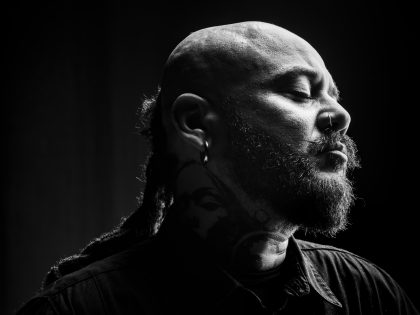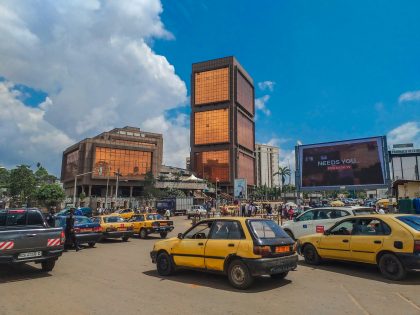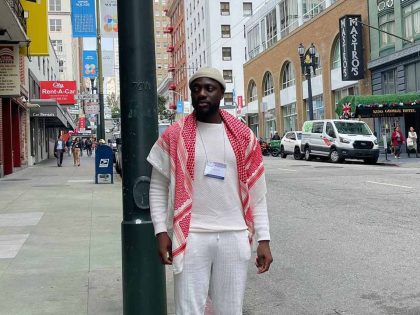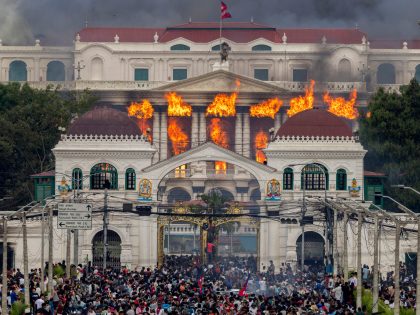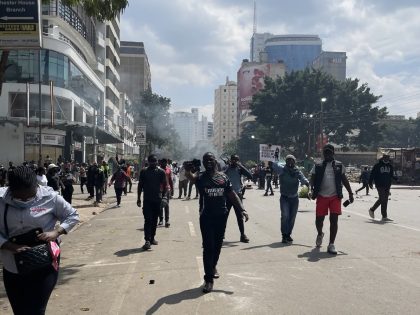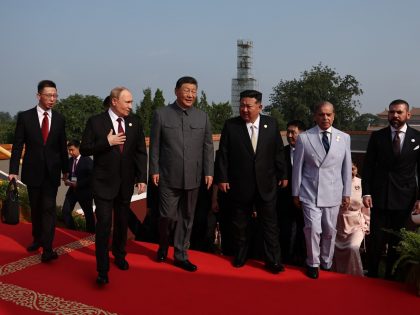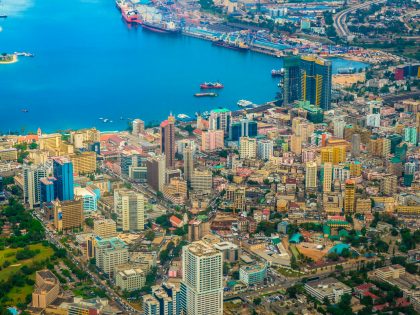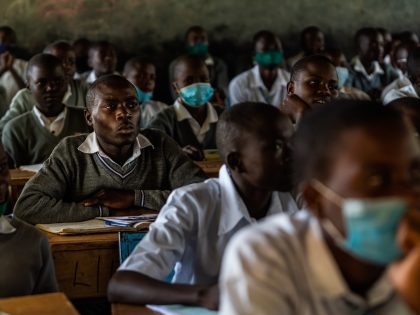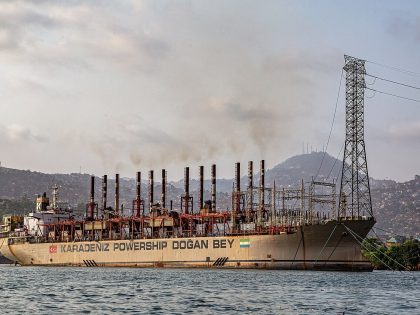Chris Hani’s political legacy
Chris Hani should not be made into an ideal type or used to settle political scores in the present.

Chris Hani speaking at a rally in the early 1990s after he had returned to South Africa.
The American political scientist Adolph Reed Jr. once wrote about Malcolm X that “… he was just like the rest of us—a regular person saddled with imperfect knowledge, human frailties, and conflicting imperatives, but nonetheless trying to make sense of his very specific history, trying unsuccessfully to transcend it, and struggling to push it in a humane direction.” Like Malcolm X, Chris Hani–who was also assassinated (Hani was murdered by a white right-winger on this day in 1993)—should not be made into an ideal type or used to settle political scores in the present.
Yet, any observer of contemporary South Africa can’t help noticing that while Chris Hani is still lionized and his name invoked in speeches and songs, the principles he stood for no longer animate the political project of the liberation movement he laid down his life for or that his erstwhile comrades in the ruling party, its Communist ally and the main trade union federation have been disappointing.
To miss Chris Hani, is a natural reaction. When Chris Hani was alive, he was the most popular ANC leader after Nelson Mandela, especially among ordinary members and supporters. (This piece by Nomboniso Gasa captures Hani’s charisma and leadership well.) At his funeral, Mandela called him “one of the greatest revolutionary leaders the country has ever seen.” Fidel Castro described him as one of South Africa’s “most valuable leaders.” For my generation at least, Chris Hani was the natural successor to Mandela.
His life was animated by moments of independence and accountability: Samples include, the now famous 1969 memorandum where he criticized the exiled ANC leadership after the failure of the Wankie and Sipololo incursions by ANC soldiers (endangering his life in the process); his later very honest reflections on the murder of his own comrades in Angolan camps by the ANC; or by 1990, already talking about the urgency of the HIV health crisis when infection rates were still comparatively low:
Some of us might regard this as a diversion from the important task of transfer of power to the people. We have a noble task ahead of us—reconstruction of our country. We cannot afford to allow the AIDS epidemic to ruin the realization of our dreams.
But it is perhaps his thoughts on the transition from liberation movement to governing party that are quite prescient:
The perks of a new government are not really appealing to me. Everybody, of course, would like to have a good job, a good salary, and that sort of thing. But for me, that is not the be-all of a struggle. What is important is the continuation of the struggle—and we must accept that the struggle is always continuing—under different conditions whether within parliament or outside parliament, we shall begin to tackle the real problems of the country. And the real problems of the country are not whether one is in cabinet, or a key minister, but what we do for social upliftment of the working masses of our people.
And this:
I think finally the ANC will have to fight a new enemy. That enemy would be another struggle to make freedom and democracy worthwhile to ordinary South Africans. Our biggest enemy would be what we do in the field of socio-economic restructuring. Creation of jobs; building houses, schools, medical facilities; overhauling our education; eliminating illiteracy, building a society which cares, and fighting corruption and moving into the gravy train of using power, government position to enrich individuals. We must build a different culture in this country, different from Africa (sic), different from the Nationalist Party. And that culture should be one of service to people.
But let me leave you with this 30 minute video, filmed by Afravision, that opens with visuals of the murder scene at his house; the mostly white police and soldiers–whose units were implicated in political violence–milling about (it was still Apartheid) and giving orders; his lifeless body on the ground and then loaded into the back of a yellow police van; the singing of “Hamba kahle mkhonto.” The video then cuts to Hani talking about his life as a soldier against Apartheid, including of the regime’s death squads and of the first attempt at an armed incursion by ANC guerrillas in 1967 (the aforementioned “Wankie Campaign”) as well as his reaction to the decision to suspend the armed struggle in 1990. The video ends as his coffin is lowered into the ground.


